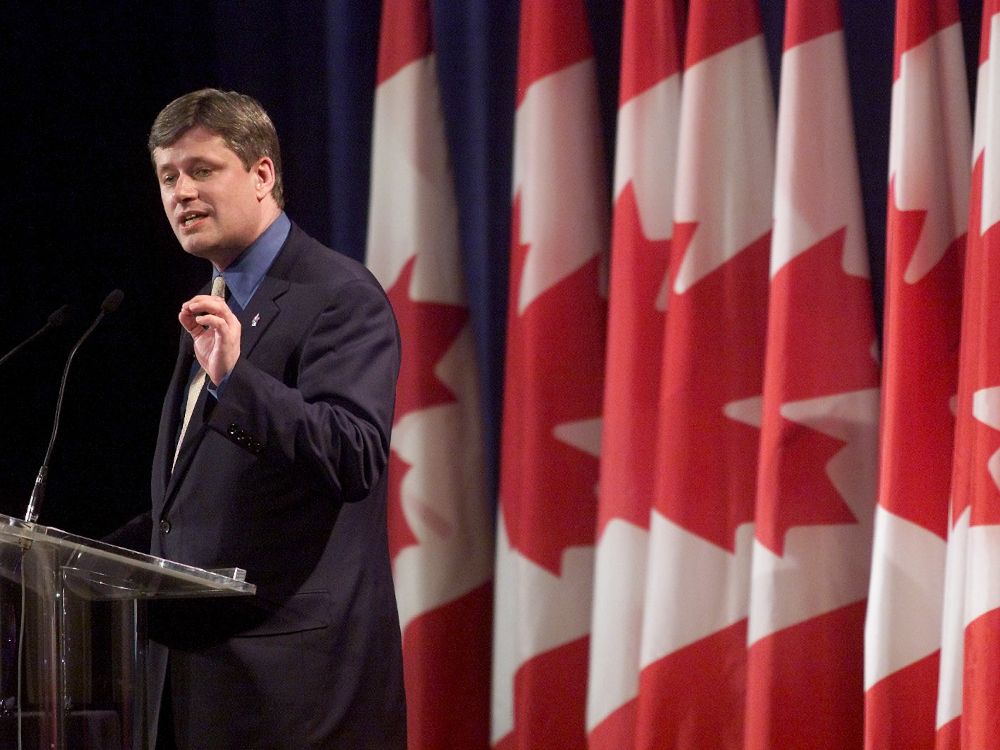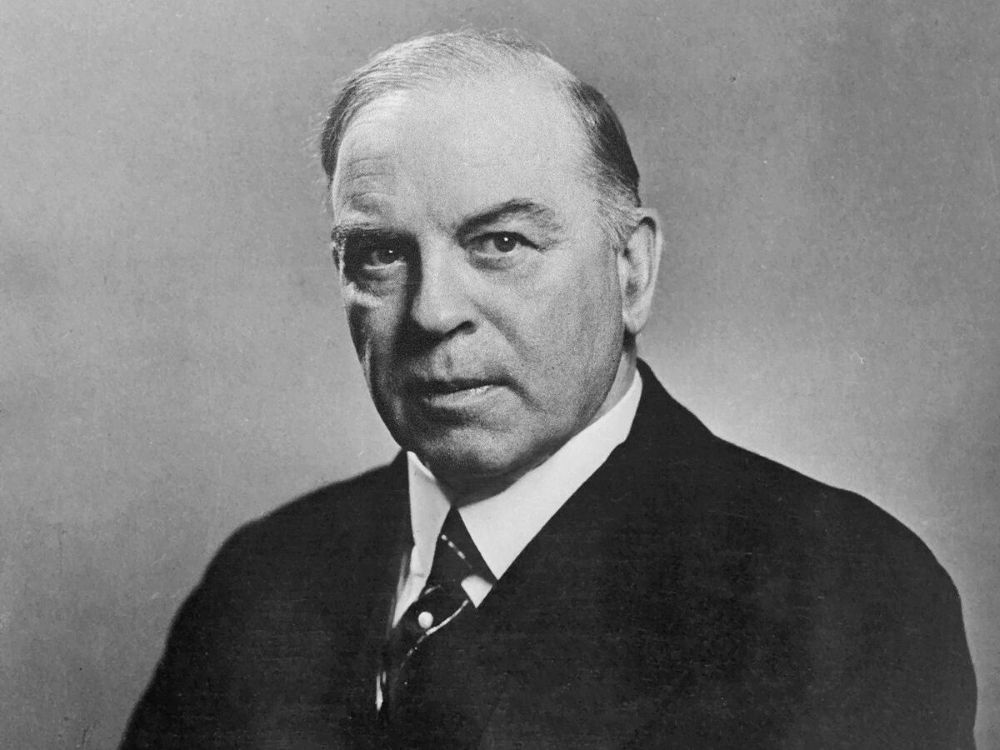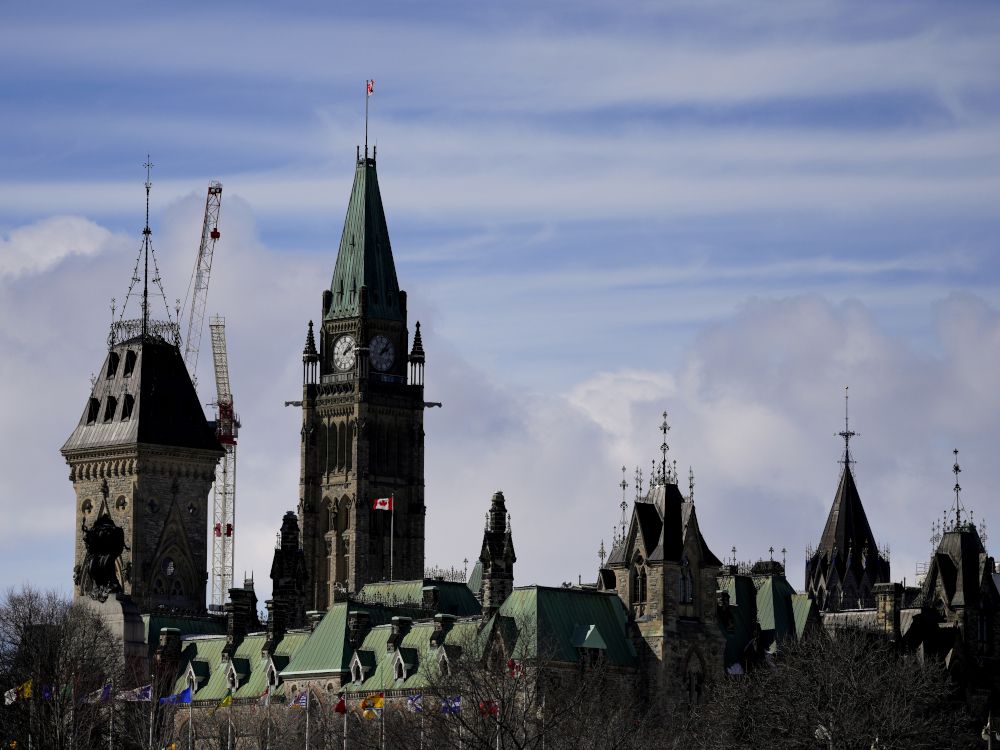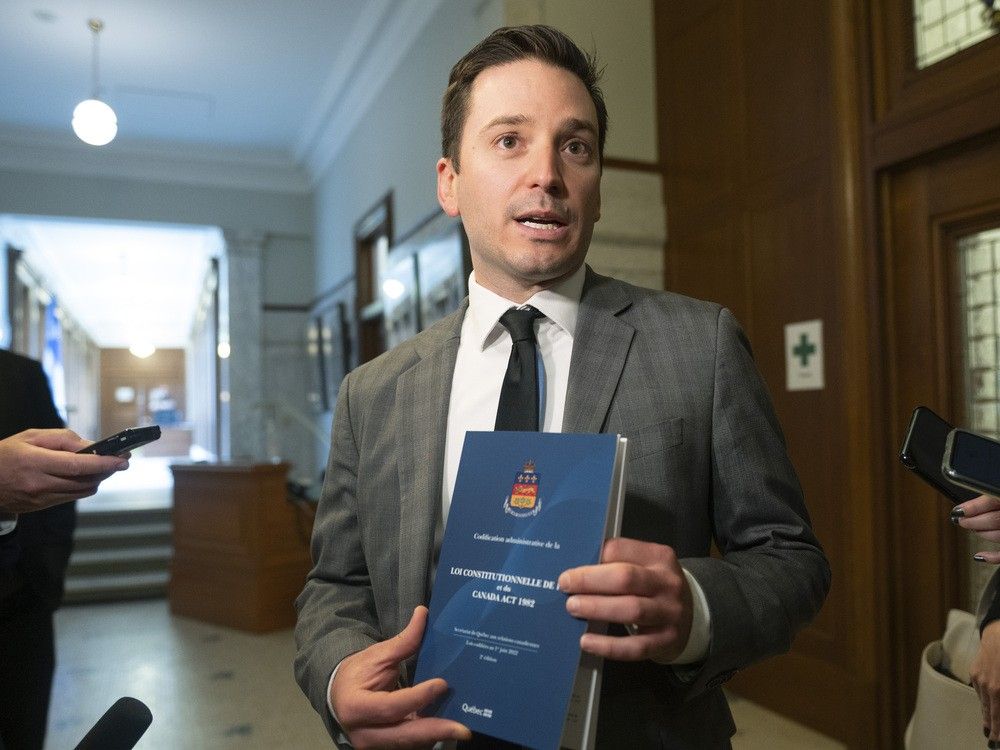
Article content
VICTORIA — The second-to-last week of the fall legislative session began with a last-minute addition by a government that showed every sign of making things up as it goes along.
THIS CONTENT IS RESERVED FOR SUBSCRIBERS ONLY
Subscribe now to read the latest news in your city and across Canada.
- Unlimited online access to articles from across Canada with one account.
- Get exclusive access to the Vancouver Sun ePaper, an electronic replica of the print edition that you can share, download and comment on.
- Enjoy insights and behind-the-scenes analysis from our award-winning journalists.
- Support local journalists and the next generation of journalists.
- Daily puzzles including the New York Times Crossword.
SUBSCRIBE TO UNLOCK MORE ARTICLES
Subscribe now to read the latest news in your city and across Canada.
- Unlimited online access to articles from across Canada with one account.
- Get exclusive access to the Vancouver Sun ePaper, an electronic replica of the print edition that you can share, download and comment on.
- Enjoy insights and behind-the-scenes analysis from our award-winning journalists.
- Support local journalists and the next generation of journalists.
- Daily puzzles including the New York Times Crossword.
REGISTER / SIGN IN TO UNLOCK MORE ARTICLES
Create an account or sign in to continue with your reading experience.
- Access articles from across Canada with one account.
- Share your thoughts and join the conversation in the comments.
- Enjoy additional articles per month.
- Get email updates from your favourite authors.
THIS ARTICLE IS FREE TO READ REGISTER TO UNLOCK.
Create an account or sign in to continue with your reading experience.
- Access articles from across Canada with one account
- Share your thoughts and join the conversation in the comments
- Enjoy additional articles per month
- Get email updates from your favourite authors
Sign In or Create an Account
or
Article content
The bill, introduced Monday, removes a provision in the Mental Health Act that has been targeted by a court challenge going back almost a decade.
Article content
Article content
The passage declares that where a patient is detained in a designated treatment facility under the Act, “treatment authorized by the director is deemed to be given with the consent of the patient.”
Article content
Article content
The “deemed consent” provision is deeply offensive to advocates for the mentally ill, as well as to patients and their families.
Article content
Article content
It sets up a situation where patients subjected to drugs, restraints, electroshock and the like are deemed to have consented to the treatment, whether or not they did so. Or, indeed, whether they were even capable of consent.
Article content
Yet Premier David Eby insisted Monday that the provision, which dates back more than 40 years, has been greatly misunderstood.
Article content
“It has created a lot of confusion and anxiety that we think has been misplaced,” he told reporters. “The function of this section is to ensure that when this care is delivered, that the health-care professionals who deliver it are legally protected.”
Article content
Still, the government was amending the Act to remove the notion of “deemed consent”. In its place is a provision for care, treatment and other professional services, providing those were authorized by the director under the Act and covered by a consent-to-treatment form signed under the Act.
Article content
Article content
“It is important, we believe, to ensure that this section is worded in a way that it is clear about what it does,” said the premier. “That this is not a section that does anything other than provide those frontline health-care workers with the legal support that they are required to do their job.”
Article content
Article content
Eby acknowledged that the timing was connected to the court challenge to the Act, a case brought by the Council of Canadians with Disabilities.
Article content
“We are in court right now defending the involuntary care provisions of the Mental Health Act,” the premier confirmed. “We think it’s important that these provisions exist. We think it saves lives. We think it protects dignity. We think it gives people an opportunity to rebuild their lives after facing catastrophic mental health challenges.”
Article content
He maintained that scrapping the “archaic language” of “deemed consent” would have minimal impact on the court case itself.
.png)
 1 day ago
6
1 day ago
6






























 Bengali (BD) ·
Bengali (BD) ·  English (US) ·
English (US) ·